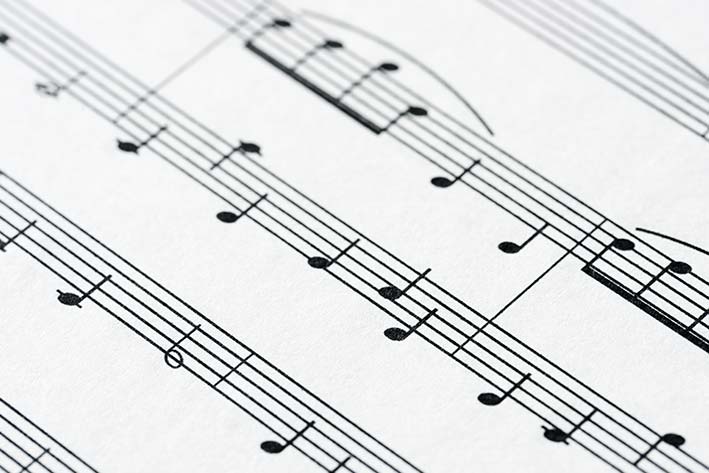Course Information
Course Description
This course recognizes the vital role of music in fostering creativity and building confidence. It provides learners with a platform to express themselves, emphasizing effective communication as they connect with fellow musicians and engage with audiences.
Course Objectives
The course aims to:
- Encourage learners to actively engage with music as performers, composers, and informed listeners
- Introduce learners to a wide range of musical genres, cultures, time periods, and regions
- Cultivate essential skills in leadership, collaboration, and self-confidence
- Nurture a deep appreciation and enjoyment of music through meaningful and enjoyable experiences
- Foster individual and collective creativity in exploring and creating music.
Course Outline
- Cultivating joy for music through singing and instrumental playing
- Exploring diverse musical genres, cultures, and historical periods
- Utilizing music technology and unconventional instruments
- Nurturing individual and collective creativity in music composition
- Developing essential skills in leadership, collaboration, and self-confidence
Student Acquisitions
Upon completion of this course, students will:
- Attain the knowledge and skills necessary to actively contribute as musicians
- Exhibit leadership qualities and collaborate effectively in musical activities
- Explore their creativity and create unique and valuable music compositions
- Nurture their artistic expression, fostering confidence and self-assurance in musical endeavors
Teaching Methodology
Our Primary Music programme adopts a flexible approach that encourages students to showcase their musical abilities through singing, playing instruments of their choice (including unconventional objects), and utilizing music technology. The curriculum promotes cultural diversity and exposes learners to various musical eras and regions, fostering a well-rounded musical appreciation.
Our assessment approach focuses on providing valuable formative feedback to students. Teachers engage in discussions, observe students' progress, and assess their outputs during lessons. Through constructive feedback, students are encouraged to reflect on their performances, identify areas for improvement, and foster continuous growth and development.





